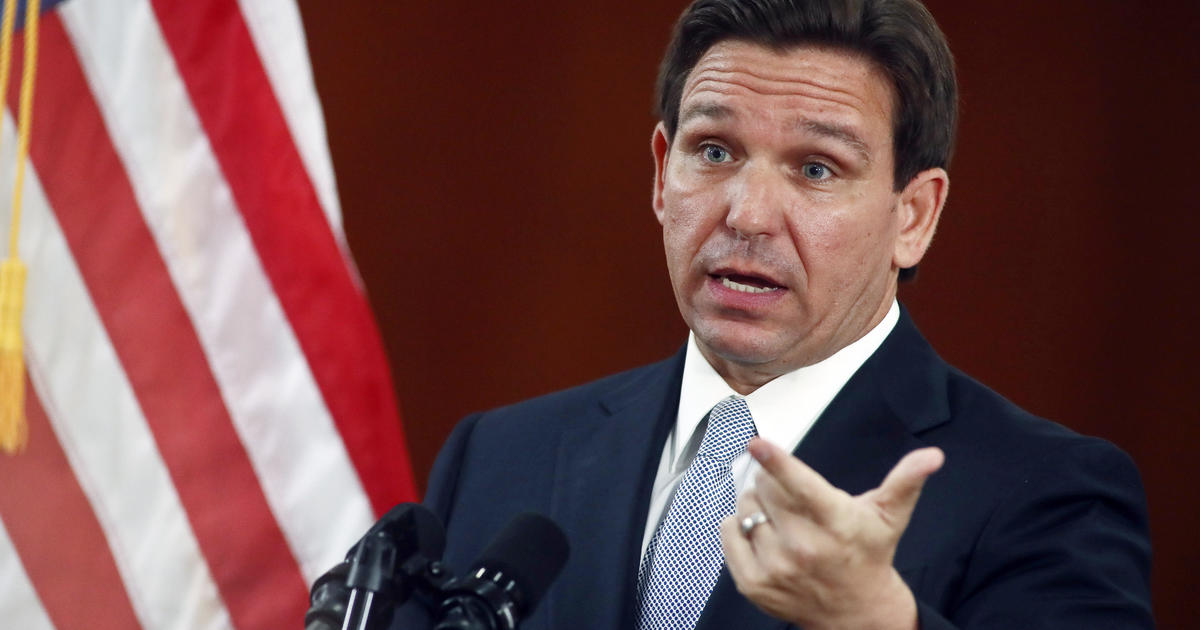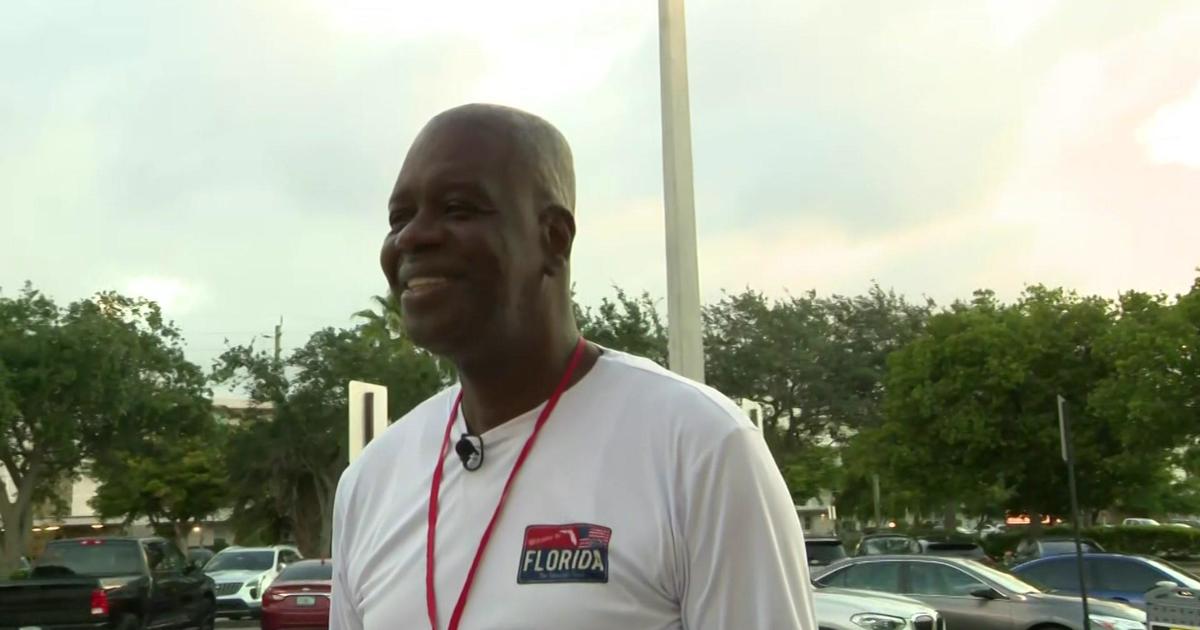Lawmakers Ended Special Session After Reaching Deal That Increases Public-School Funding
Follow CBSMIAMI.COM: Facebook | Twitter
TALLAHASSEE (CBSMiami/NSF) – The House and Senate have reached an agreement that will increase public-school funding, among plenty of other things, after ending a special session early Friday evening.
In an unusual, lengthy discussion with reporters following debates on education, economic development and medical marijuana, Senate President Joe Negron, R-Stuart, said his chamber would not agree to a budget deal struck by Gov. Rick Scott and House Speaker Richard Corcoran, R-Land O' Lakes, without concessions.
Negron repeatedly pointed out that, during the regular session that ended in May, the House had opposed economic development and education funding that Scott requested. Those issues prompted the special session that began Wednesday.
The Senate president also pushed back against the "fake narrative" that he was involved in negotiations leading up to Scott's decision to call the session, saying the House and the governor hammered out the agreement.
"We're glad that they're coming together and that they're reaching common ground, but we're not just going to rubber-stamp an agreement that two parties made without our priorities being taken into account," Negron said.
Corcoran has been just as insistent that Negron was a part of the discussions. Negron told reporters Thursday that his requests to have his name taken out of a proclamation on the special session and to not provide a quote in a press release about the announcement were evidence that he didn't agree to the deal.
But a spokeswoman said later that records that could prove Negron was mentioned in earlier drafts of those documents might not exist, or that Negron's office might not have a copy if they did.
In exchange for agreeing to the deal reached by Scott and Corcoran, Negron said the Senate would like the House to override a slate of vetoes Scott issued on higher education projects. The Senate voted Wednesday to overturn those vetoes.
Negron said the Senate also wants to ease Medicaid cuts to hospitals by providing $100 million in funding.
At the same time, he declined to make a successful conclusion of the special session contingent on the Senate getting its way.
"I don't do legislating by making bold pronouncements or by making ultimatums," Negron said. "What I'm saying is that the Senate priorities, particularly on higher education, have to be considered and affirmed and respected. The hospital funding is something that we can discuss with the governor, discuss with the House, on moving forward."
Earlier in the day, Corcoran had dismissed the hospital funding issue as something that fell outside of the guidelines for the special session. And he suggested that overriding the higher-education vetoes would go against the House's small-government philosophy.
"If you believe in less government and less spending, then you don't override on more spending and more pork," he said.
The posturing took place even as the chambers seemed to move closer on education funding, one of the key issues in the special session. Scott vetoed the state's main formula for public school spending last week, saying it was inadequate; lawmakers are trying to pass legislation to shovel at least $215 million of additional money into education.
The Senate on Thursday batted away efforts to gut a controversial, wide-ranging education bill approved by lawmakers during the regular session. Democrats and some Republicans wanted to take funding away from that measure, HB 7069, and redirect it to the education formula.
Several senators disagreed with the bill at the time it was passed, but relented to reach a final budget deal with the House. The bill was a top priority of Corcoran.
Again on Thursday, supporters of keeping the legislation intact said that to undo it might cause the special session to fall apart.
"If we try to get too cute, then we may blow the whole thing up, and then we have come up here for naught," said Senate Appropriations Chairman Jack Latvala, R-Clearwater, "And I think that would be very unfortunate."
Scott hasn't signed HB 7069 yet. Those pushing to keep the legislation as is said lawmakers could come back in the future and fix it.
But Sen. Gary Farmer, a Fort Lauderdale Democrat who urged changes to HB 7069, said there were no guarantees.
"Let's not wait for that fix next year that will never come," Farmer said. "That's a unicorn, folks. It doesn't exist. It's not happening next year, and it may never happen."
The Senate voted twice, by a 22-15 margin each time, to reject Farmer's amendments. Other attempts to tweak the funding deal were defeated or pulled from the floor before votes.
The current version of the budget bill (SB 2500-A) moves the Senate closer to the House's position. It would not draw on increased property tax revenues, a non-starter for the House.
But the Senate would still take a two-step approach to funding schools, by overriding Scott's veto of the funding formula and approving additional spending in a separate bill.
House leaders all but ruled out that approach. Corcoran said the Senate's approach "doesn't make any sense," and the House education budget chairman also rejected it.
"Our bill is pretty straightforward. ... I don't think we need to complicate it any further," said Rep. Manny Diaz Jr., R-Hialeah.
Talking to reporters earlier Thursday, though, Latvala seemed just as unwilling to yield.
"It's the same amount of money... All they have to do is override the veto and vote on our bill and you have half of what we came here to do, done," he said.
The News Service of Florida's Brandon Larrabee contributed to this report.



